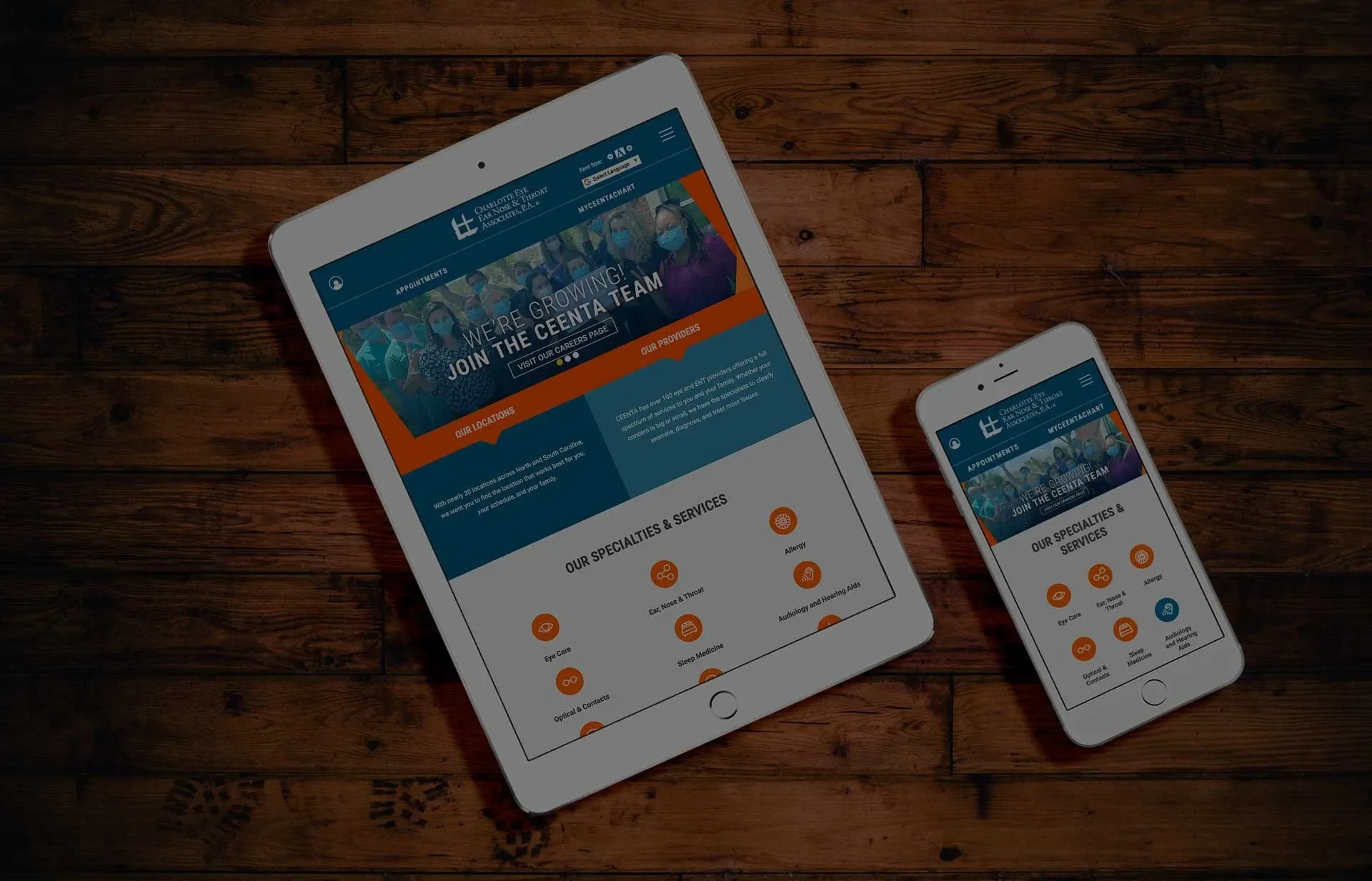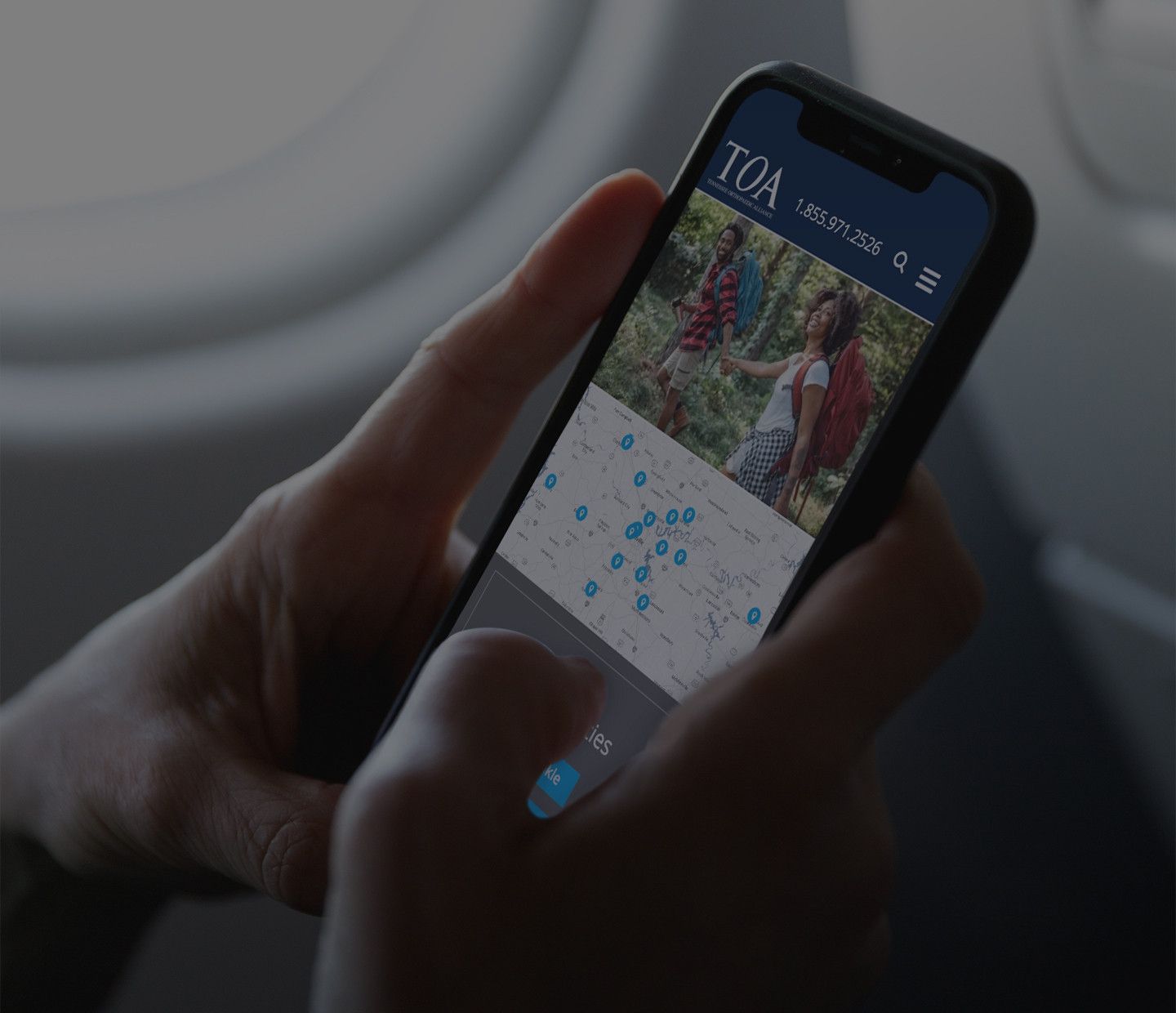
The healthcare industry is always evolving with the changing times and updated technology, with healthcare professionals constantly trying to find the best way to provide quality care to everyone. Not only do healthcare professionals have to deal with the changes and updates in technology, there are constantly changes and adaptations to diseases, treatments for diseases, etc. Throw in a global health crisis that there aren’t any clear answers or treatments for, and the healthcare industry is one that could benefit the most from artificial intelligence.
Artificial Intelligence is how machines are able to learn human-like experiences and perform human-like tasks. AI is already present in our everyday lives in different ways, including Siri/Alexa, Amazon, Netflix, Pandora, and Nest. Artificial intelligence plays a part in making your everyday life easier and more efficient. Many of these services that are tailored to you and your preferences specifically, are all using AI to learn about your habits, likes, and dislikes to serve you the content that you’d typically be most interested in. There are many ways that AI has improved over the years including the new technology that has been developed, and the uses and technology are only going to continue to evolve. AI is already making our healthcare system more efficient and is benefitting patients and providers by being more accurate with diagnoses and causing less burnout of our healthcare providers.
How Will AI Help the Healthcare Industry?
Symptom checker
While the technology is still being developed and has a long way to go to be fully operational and trustworthy, AI will be able to catalog all of the symptoms that patients are feeling and provide a diagnosis or next steps quickly.
Early detection
AI can help with detecting the symptoms of a disease quickly and oftentimes before a healthcare provider can. In many cases, because AI is able to detect a health issue quicker than a human can, it could save patients' lives that are having severe health issues. Forbes mentions this early detection benefit here: “The algorithm analyzed what a person says, the tone of voice and background noise and detected cardiac arrests with a 93% success rate compared to 73% for humans.”
Better diagnosis
The use of AI technology could aid in how someone is diagnosed and the accuracy of the diagnosis. AI has the ability to take in all the symptoms and facts, and scan through any potential causes or disease that’s associated. This technology is what could save someone’s life from a rare disease that a healthcare professional may not have come into contact with before.
Robot-assisted surgery
These surgeries are considered minimally invasive because they would only need to make a small incision in order to perform the surgery. Forbes reported that “One study that involved 379 orthopedic patients found that AI-assisted robotic procedure resulted in five times fewer complications compared to surgeons operating alone.” This also means the healthcare providers typically assisting in surgeries would be able to use their talents in other areas of the hospital.
Virtual nursing assistants
Virtual nursing assistants would be greatly helpful mostly because they are available 24/7 and can help with a variety of tasks. If there’s a task they’re unable to perform, there would still be nursing on call and ready to help.
Administrative workflow assistance
Some of the more mundane tasks that are necessary for keeping healthcare practices efficient and functional are also ones that can be learned by AI. Using AI for these tasks would lead to more accuracy and would save doctors, nurses, and other healthcare professionals time on these types of tasks.
Benefits of using AI in the Healthcare Industry:
- Delivering better care
- Aids in decision making
- Making more accurate diagnoses
- Expands care to underserved populations and developing regions
- Makes medical devices and machines more intelligent
- Improves efficiency of care delivery
- Reduces burnout of healthcare providers
- More efficient and accurate fraud detection
- Research becomes more detailed
- Time-consuming tasks are transferred to machines
Artificial Intelligence’s Impact on Healthcare Web Development
AI will continue to impact the healthcare industry in many ways as the latest technological advances are discovered and implemented. Not only is the healthcare industry impacted by AI for its role in the healthcare practices themselves, part of AI’s impact on healthcare is on marketing and advertising services, and how the website operates and helps users. There will be more access to services and resources available on the healthcare website. AI will also transform how web developers operate as many tasks will be automated as well.
AI will allow web developers to make the user experience faster and more relevant, adapting to user habits and solving issues right away. AI will also aid in faster turnaround time for site updates and even brand new healthcare websites. The AI chatbot feature could be helpful on medical sites as well for directing people to the right resources or even helping to complete entire tasks for people without having to use real human support staff.
There will also inevitably be more restrictions on the data that can be collected by websites, website providers, and analytics tracking platforms. This will change the way that medical websites are designed and monitored.
The upkeep of the technology and the healthcare website, in general, may be taxing at times, but with the help of AI and other automated processes, AI could help streamline many mundane tasks and improve the overall care and attention being provided.
« Back to Blog
Ready to Get Started? Contact Us Today to Schedule Your Discovery.

© 2025. All rights reserved. E-dreamz, Inc.

